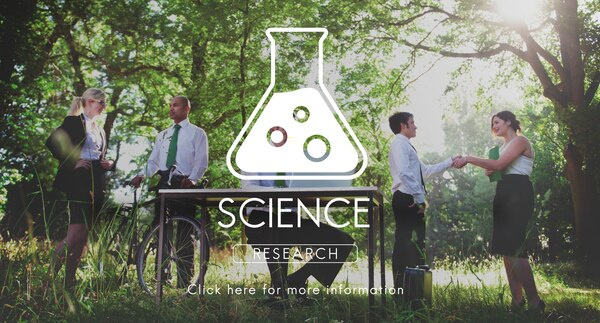Nano Innovations: Transforming Industries
Nanotechnology, a rapidly advancing field, is revolutionizing industries across the globe. This innovative science focuses on manipulating matter at the atomic and molecular scale, typically measuring less than 100 nanometers. To put this in perspective, a single strand of human DNA is about 2.5 nanometers in diameter. At these minuscule dimensions, materials begin to exhibit unique properties, presenting opportunities to develop unprecedented applications across various sectors.
One of the most promising areas impacted by nanotechnology is medicine. Known as nanomedicine, this subfield harnesses nanoparticles for drug delivery, diagnostics, and even therapy. With the ability to navigate the human body's complex systems, nanoparticles can target diseased cells precisely, minimizing side effects and improving treatment efficacy. For example, researchers are developing nanoparticle-based systems to deliver chemotherapy directly to cancer cells, sparing healthy tissue in the process. Moreover, advancements in nanoscale diagnostics offer the potential for early disease detection, enabling timely intervention and better patient outcomes.

In the realm of materials science, nanotechnology is playing a pivotal role in the development of stronger, lighter, and more resilient materials. For instance, carbon nanotubes and graphene exhibit exceptional strength and conductivity, making them ideal for applications ranging from aerospace to electronics. These materials can lead to the production of more energy-efficient devices, thereby reducing carbon footprints and promoting sustainability.
The energy sector is also witnessing a transformation thanks to nanoinnovations. Nanomaterials are enhancing the efficiency of photovoltaic cells, making solar energy more accessible and cost-effective. Similarly, in energy storage, nanoscale materials are improving the capacity and longevity of batteries. This revolution in energy storage could accelerate the widespread adoption of electric vehicles and renewable energy sources, playing a crucial role in the transition to a sustainable energy future.
Furthermore, the environmental sector benefits from nanotechnology through advanced filtration systems that purify water and air more effectively. Nanofiltration systems can remove pollutants at a molecular level, providing clean drinking water in areas facing resource scarcity. Additionally, these technologies are being incorporated into air purification systems to capture harmful particles and gases, thereby improving air quality and public health.
In agriculture, nanotechnology is contributing to increased crop yields and sustainable farming practices. Nano-fertilizers and nano-pesticides can deliver nutrients and protection in a more controlled manner, reducing waste and environmental impact. This precision agriculture not only enhances productivity but also supports biodiversity by minimizing chemical runoff into ecosystems.
Despite the myriad benefits, the rise of nanotechnology comes with challenges that must be addressed. Concerns about the potential toxicity of nanoparticles and their impact on health and the environment are areas of ongoing research. Regulatory frameworks must be established to ensure safe development and application of nanotechnology, balancing innovation with ethical considerations.
In conclusion, nanotechnology is at the forefront of a new industrial revolution, with the capability to transform numerous sectors fundamentally. As research continues and applications expand, nanotechnology promises to address some of the world's most pressing challenges, from healthcare to environmental sustainability. The future of nanoinnovations holds immense potential, and as we navigate this frontier, cooperation among scientists, policymakers, and industries will be crucial to harness its benefits responsibly and equitably.